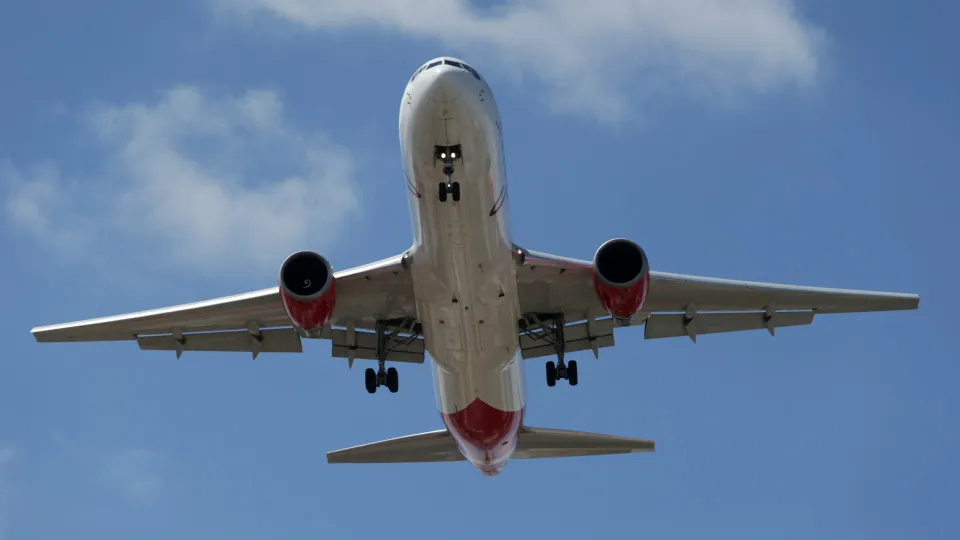
“Countries that do not include non-CO2 effects of aviation are violating their climate obligations,” claimed the association in a statement based on a legal analysis by environmental law experts.
The organization Zero estimates that the non-CO2 effects of aviation account for “at least half of its total climate impact.”
An independent report commissioned by the European Federation for Transport and Environment (T&E), of which Zero is a part, and Opportunity Green “demonstrates that countries have a legal obligation to include these emissions in their climate targets (Nationally Determined Contributions – NDC in English),” the association wrote.
According to Zero, these commitments are presented every five years under the United Nations Framework Convention on Climate Change. The next submissions are expected before COP30, beginning November 10 in Belém, Brazil.
The Paris Agreement’s temperature-based goals require countries to develop plans to limit global warming.
Environmentalists emphasized, “It is scientifically proven that there are effects not related to carbon dioxide emissions from airplanes—such as contrails, the white lines in the sky left by aircraft—that contribute to global warming.”
Zero indicated that these effects have an “equal or greater” impact on the planet compared to CO2 emissions from aviation.
“Considering all aviation effects in climate plans is a legal imperative. Scientists have been warning about the impact of contrails on climate warming for 25 years,” the organization stressed.
The legal opinion, as cited by Zero, states, “When there is scientific evidence of an environmental risk, even amidst some uncertainty, a precautionary approach should be adopted—which, in this case, must include measures to address non-CO2 aviation impacts.”
The association aims for these non-CO2 effects to be included in the next round of national contributions, to be submitted before the COP in Brazil.
The European Union is expected to present these targets on behalf of all member states by September 2025, the association reiterated.
Non-CO2 aviation effects include nitrogen oxides (NOx), sulfur dioxide (SO2), contrails, water vapor, and particulates.




